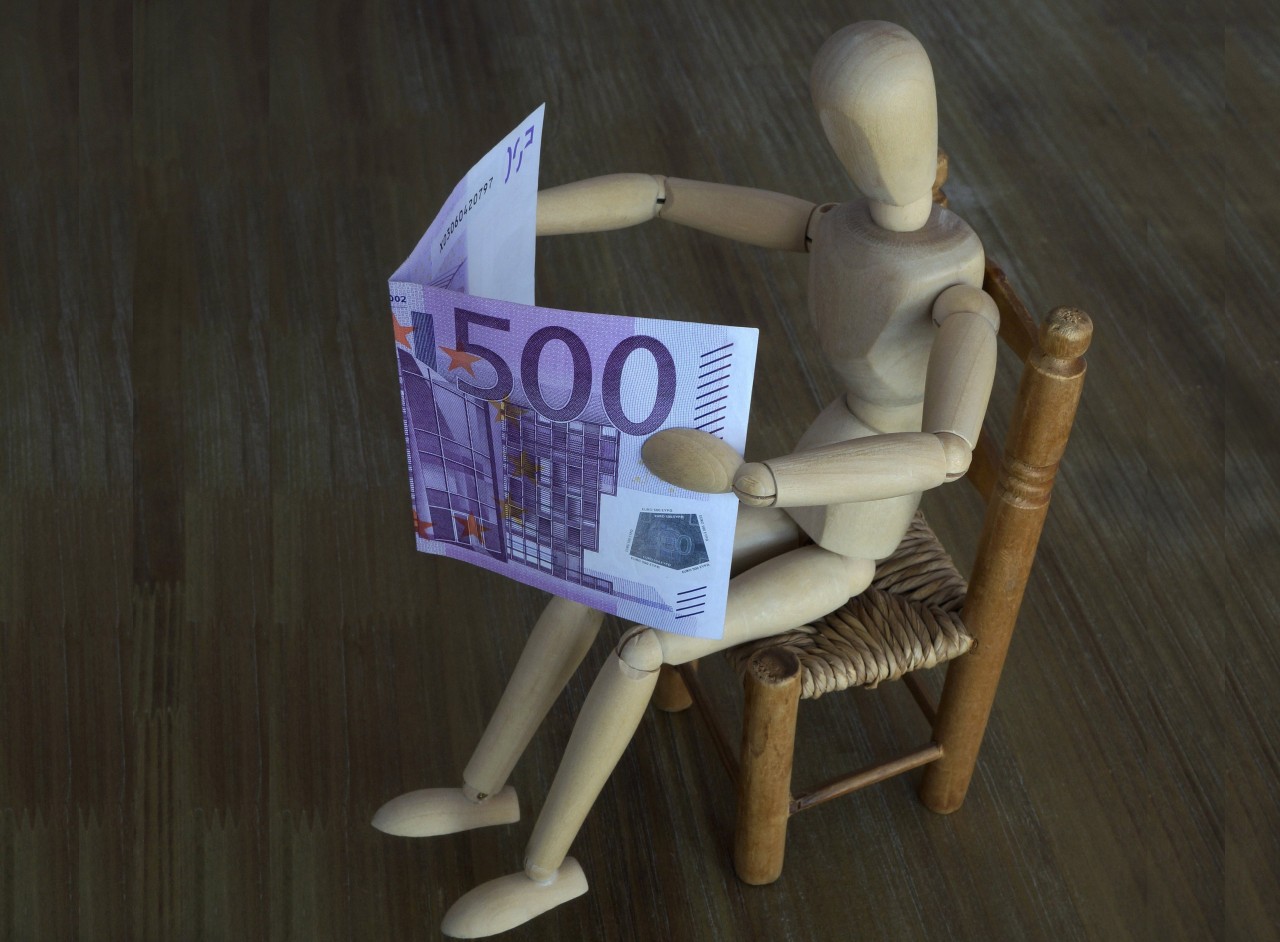We really, really need to talk about money

A few years ago, while in a previous job, I invited people to talk to me about money. I visited children’s centres, mental health centres, drug and alcohol support units and women’s refuges in one borough of London and facilitated sessions about money and finance.
I spoke to some of those people most affected by the spending cuts in the UK that followed the 2008 financial crisis: people out of work, bringing up children alone, fleeing abusive relationships, and families who had recently arrived in the country and were just beginning to find their feet.
For many people, money is a conversation topic they’ll go to great lengths to avoid - and yet here I was, inviting strangers to speak from the heart about it. Getting those people to the sessions wasn’t always easy, but once they’d committed to taking part, the floodgates often opened. Alongside personal finances, we’d reflect on childhood memories of money, the emotions connected to spending, and the relationships in our life most impacted by money. The stress of Christmas, the guilt of splashing out, the confusion over loan contracts, the joy when money comes in, and the anxiety when it goes back out.
Facilitating these sessions, I listened to hundreds of stories about money. There was the young father who took out a £70 payday loan just before Christmas and spent the next two years paying it (and the interest) back. And there was the retiree, left with nothing by adult children who were financially dependent on her. She felt paralysed by her inability to talk about money and couldn’t bring herself to challenge their behaviour.
“For many people, money is a conversation topic they’ll go to great lengths to avoid – and yet here I was, inviting strangers to speak from the heart about it. ”
I learnt that our relationship with money is complex. Our lives are wrapped up in money; it's everywhere, smoothing out or smothering our day-to-day experience. Despite this, we spend very little time trying to fully understand it. We rarely take the time to think about how we relate to it and even less time asking what money really is.
As a result, I became totally fascinated by the stuff. I wanted to understand what lay behind these stories; why something so common was at the same time so mysterious. I realised I was asking a pretty basic question:
That was how I came across Positive Money, a campaign and research organisation raising awareness of how money is created and the impact the current money system has on society.
I discovered that most of our money is created by private banks; and that our banks aren’t simply middlemen between savers and borrowers, taking from the former to give to the latter each time a loan or mortgage is issued. Instead, what happens is that when a bank offers a customer a loan, it actually creates new money out of thin air (well, on a computer). And that this way of doing things means that we can’t have more money and less debt. Most money is debt.
I was shocked to find out that over 97% of the money in the UK system is created as debt in this way. It’s only the remaining 3% that’s made up of the notes and coins created by the Bank of England. The vast majority of our money is created - and allocated - by private profit-seeking banks. As a consequence, it's fair to say that banks' lending decisions shape our society. In recent years, bank lending has contributed to the increase in both house prices and public and private debt.
So if you’ve never heard about the way money is really created, you’re not alone. This is a little understood area of economics. I was amazed by the results of a 2014 poll which found that only 1 in 10 MPs had an accurate understanding of where money comes from. Unbelievable right?
“Recently, I delivered a workshop about money to a group of young people. I asked them who they thought should have the power to create money? … When they found out how the system actually works, they were left momentarily speechless ”
I now work for Positive Money, helping to shape their campaign and develop a network of supporters. I’m committed to raising awareness of how the system actually operates, and to asking people to consider the implications for our society.
At one of our events last year, Martin Wolf, chief economics commentator at the Financial Times, asked “why have we given our greatest social creation - money - over to private, profit-seeking companies?” It’s a good question. Whether or not you agree that money is the greatest social creation, we need to remember that it is exactly that: a human construction. We created money and the monetary system. And we can change it if we want to.
Recently, I delivered a workshop about money to a group of young people. I asked them who they thought should have the power to create money? They were very animated: questioning who could be trusted; how we'd monitor them; what would stop them from putting their own needs over the needs of society? The discussion was lively, creative and impassioned. When they found out how the system actually works, they were left momentarily speechless.
It was a shock to them to discover that such an immense power - the power to create money - lies in the hands of a relatively small number of private banks, with little in the way of democratic oversight. As individuals, we cannot opt out of using money, and so I believe we all need to be part of the debate over who makes it and how it’s best used to benefit each and every one of us.



